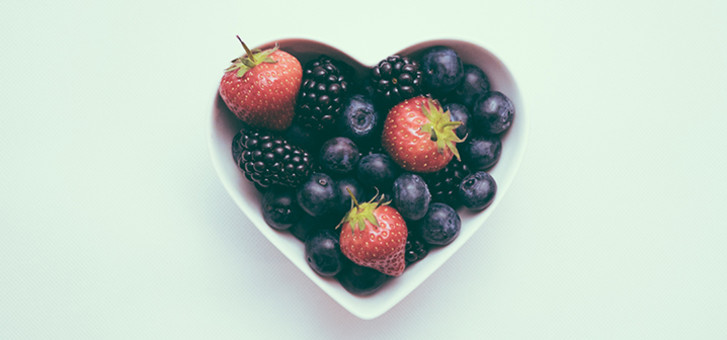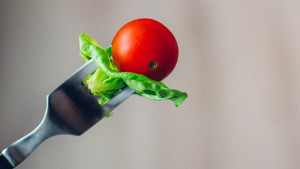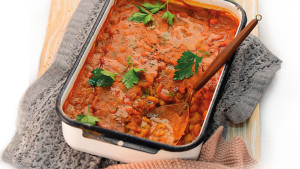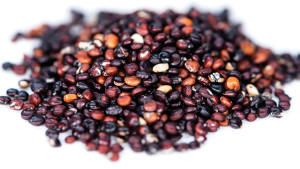A heart-healthy diet is the cornerstone for preventing heart attacks and strokes. Yet various controversial diets, foods and nutrients have become popular. What does the evidence say?
Coconut oil
A recent systematic review found coconut oil, when compared to polyunsaturated or monounsaturated oils, raised LDL cholesterol without any known offsetting favourable effects for the heart. The American Heart Association advises against its use. Instead, use liquid oils, particularly extra virgin olive oil, which reduces bad cholesterol and, as part of a Mediterranean-style diet, has been proven to lower the rate of heart attack, stroke or death from cardiovascular causes by some 30 per cent.
Animal protein foods
The quality of your proteins may turn out to be as important as your fats. A long-term study of more than 131,000 people found animal protein, popularised by paleo and other high protein diets, is positively linked with a higher risk of early death from cardiovascular causes. Conversely, plant protein—think legumes, nuts and even wholegrains—is protective, especially among people who already have one risk factor.
Eggs
A meta-analysis of existing clinical trials supports that dietary cholesterol, of which eggs are a primary source, can still raise your blood cholesterol. Eggs also contain choline, which is a precursor of a substance called TMAO (if you have certain bacteria in your gut). This is a newly discovered risk factor that rapidly promotes hardening of the arteries! Limit or avoid eggs, especially if you already have heart risk factors or diabetes.
Juicing
The process of juicing concentrates calories and often removes the natural dietary fibre. Few studies have compared the clinical benefits of juiced versus raw or cooked food forms. Until comparative data becomes available reserve juicing for where fruit and vegetable intake is inadequate. Focus on whole foods shown to protect your heart, especially dark leafy greens, berries and brightly coloured vegetables.

Beetroot dip with horseradish
A superbly coloured and easy dip, spread and relish. Beets are rich in nitrate, a precursor to nitric oxide in the body, which encourages your blood vessels to open up and relax, lowering elevated blood pressure.
Preparation time: 10 mins | Cooking time: 0 mins | Serves: 8
Ingredients
- 500 g boiled beetroot, peeled and drained, dabbed dry with paper towel
- 100 g low-fat Greek yoghurt
- 1 very small clove of garlic, crushed
- 2 tbsp jarred grated horseradish
- 1 tbsp extra virgin olive oil
Method
- Purée beets in a food processor, then transfer to a small bowl.
- Stir in the yoghurt, garlic, horseradish and olive oil. Store in the fridge for up to a week. The dip will stiffen up during storage. Makes 2¼ cups.
Tips
- You can used pre-cooked baby beets out of jars or vacuum-packs.
- For an alternative, swap the horseradish with some wasabi or grated ginger.
- Try swirling through finely chopped fresh dill.
PER SERVE: energy 160 kJ (38 cal); protein 2 g; fat 0 g; saturated fat 0 g; cholesterol 1 mg; carbohydrate 6 g; fibre 2 g; calcium 24 mg; iron 0.5 mg; sodium 58 mg.







